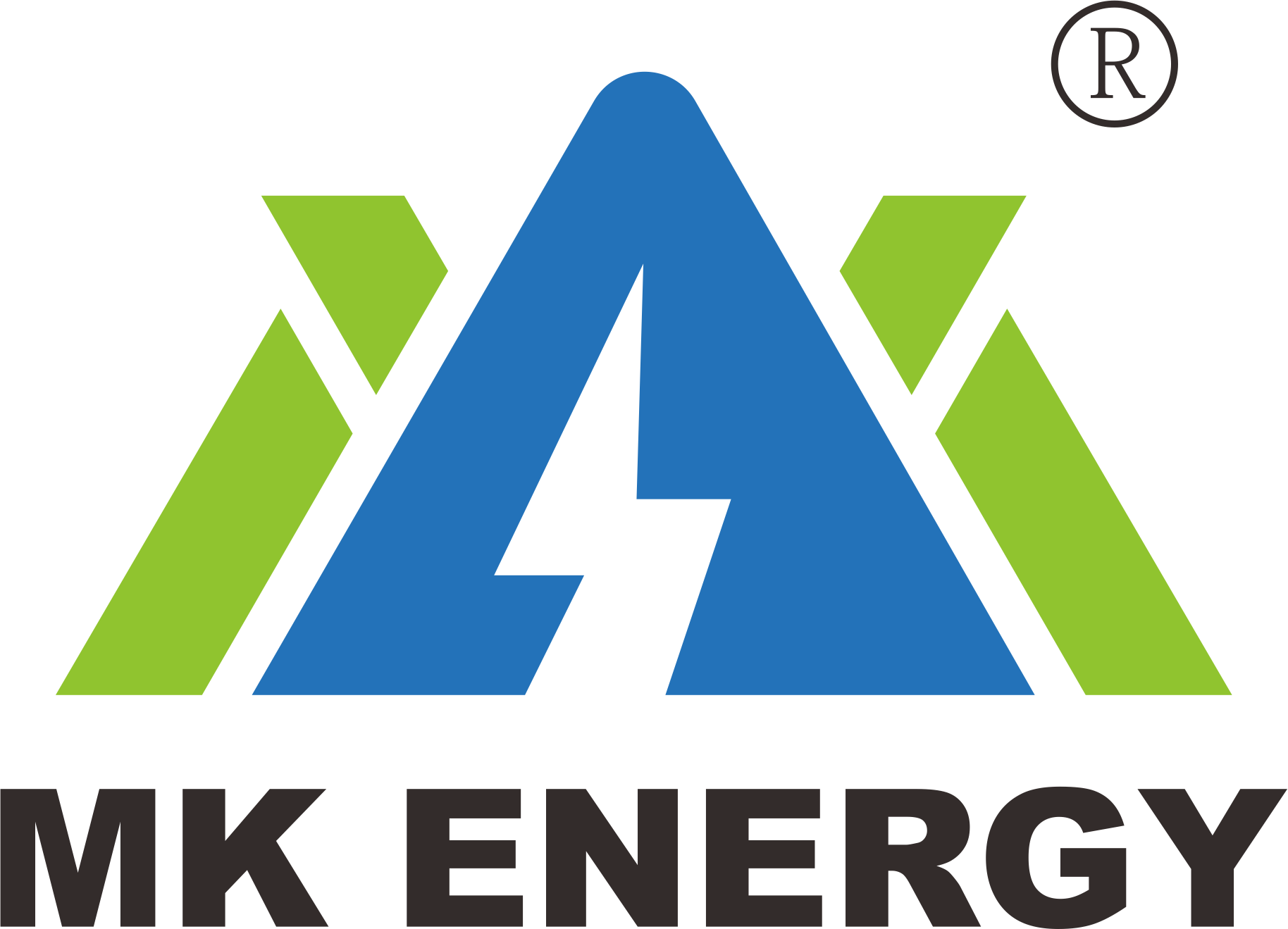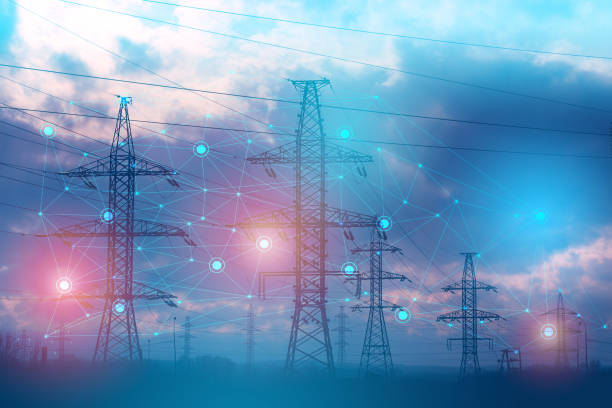The transition to renewable energy sources like solar and wind has made the development of smart grids more important than ever. Smart grids are modernized electrical grids that use advanced technology to enhance efficiency, reliability, and sustainability. They incorporate real-time monitoring, communication, and control systems to ensure power is delivered efficiently while minimizing waste and disruptions. Central to the success of these smart grids is energy storage technology, particularly batteries.
At MK ENERGY, we recognize the significant role that batteries play in enabling the efficient operation of smart grids. Our expertise in both lead-acid and lithium battery technologies positions us as a key player in supporting the growth of smart grid infrastructure.
What is a Smart Grid?
A smart grid is an electricity network that uses digital communication and automation technology to manage electricity more efficiently. Unlike traditional grids, smart grids can dynamically respond to changes in energy supply and demand, integrating decentralized energy sources such as rooftop solar panels or wind farms.
One of the primary challenges of integrating renewable energy into the grid is that these sources are intermittent—they do not produce electricity consistently. For example, solar panels only generate electricity during the day, and wind turbines produce power when the wind blows. This is where energy storage systems, particularly batteries, become essential.
The Role of Batteries in Smart Grids
Batteries serve multiple vital functions within smart grids. Their ability to store energy and discharge it when needed allows grid operators to maintain balance, reliability, and flexibility. Here are some key roles that batteries play in smart grid systems:
Energy Storage for Renewable Integration
Renewable energy generation can be unpredictable, with fluctuations depending on weather conditions. Batteries enable smart grids to store excess energy generated during periods of high production (such as sunny or windy days) and release that energy during times of low generation or peak demand. This energy storage capability ensures a stable and continuous power supply, reducing reliance on traditional fossil fuel power plants.
Load Balancing and Peak Shaving
One of the challenges faced by traditional grids is the significant difference between energy consumption during peak and off-peak hours. Batteries in smart grids can help by absorbing excess power during low-demand periods and discharging it when demand spikes. This “peak shaving” helps reduce the strain on the grid during high-demand periods, preventing outages and reducing the need for additional power generation.
Grid Stability and Frequency Regulation
Batteries provide critical support in stabilizing the grid by responding rapidly to changes in frequency and voltage. Frequency regulation is essential for maintaining a stable electricity supply, as fluctuations can damage infrastructure and cause blackouts. By storing energy and responding instantly to these fluctuations, batteries can ensure smooth, uninterrupted power distribution.
Backup Power and Grid Resilience
Batteries also play an important role in ensuring grid resilience. In the event of a grid failure or natural disaster, batteries can serve as a backup power source to maintain electricity supply for critical systems. This capability is particularly important for hospitals, data centers, and emergency services, where continuous power is a matter of life and death.
Decentralization and Microgrids
Batteries enable the creation of microgrids—smaller, localized grids that can operate independently or in conjunction with the main grid. Microgrids, powered by renewable energy and battery storage, can supply electricity to communities even if the main grid goes down. This decentralization increases overall grid resilience and can be especially beneficial for rural areas or regions prone to natural disasters.
Lead-Acid vs. Lithium Batteries in Smart Grids
Both lead-acid and lithium batteries are widely used in smart grid applications, each with its strengths:
Lead-Acid Batteries: These batteries are known for their reliability and cost-effectiveness. They are often used in large-scale energy storage systems and backup power applications. While their energy density is lower compared to lithium batteries, lead-acid batteries offer a long service life and are well-suited for stationary applications in smart grids.
Lithium Batteries: Lithium-ion batteries are gaining popularity in smart grids due to their higher energy density, efficiency, and ability to handle frequent charge and discharge cycles. They are ideal for applications that require rapid response times, such as frequency regulation and load balancing. Their lighter weight and compact size also make them ideal for decentralized and mobile energy storage systems, including microgrids.
Benefits for Smart Grid Development
By integrating advanced battery storage solutions, smart grids offer several advantages for consumers, utilities, and the environment:
Increased Efficiency: Energy is used more efficiently with the help of batteries, reducing waste and lowering costs for both utilities and consumers.
Enhanced Reliability: Batteries improve the stability and reliability of electricity supply, reducing the frequency of power outages and voltage fluctuations.
Environmental Benefits: By supporting the integration of renewable energy, batteries help reduce greenhouse gas emissions, supporting a cleaner and more sustainable energy future.
As the world continues to transition toward renewable energy, the role of batteries in smart grids becomes increasingly critical. At MK, we are committed to developing advanced battery technologies that support the growth of smart grids worldwide. By ensuring reliable, efficient energy storage, our batteries are helping create a more sustainable and resilient energy landscape for future generations.



